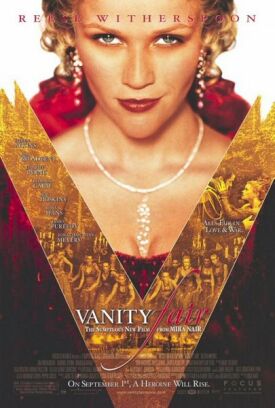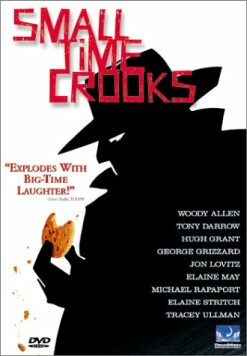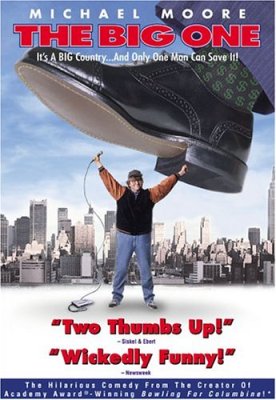Manito
Thematically, ghetto movies tend to be all as similar to one other as Hollywood romances — only instead of boy meets girl, boy loses girl, boy finds girl again, the formula is more or less as follows: innocent, likeable ghetto kid seems bound for a better — i.e. more middle class — life when an accident or a moment of passion drags him down into the morass of crime and violence from which he was on the point of escaping. Eric Eason’s Manito conforms to this formula, but with a rather uncomfortable degree of stylistic individuality.
This is true especially of his attempts at a cinema vérité idiom which put the camera into such violent motion as to induce sea-sickness. Other self-consciously artistic touches include long takes of urban landscapes, interminable shots of lonely people walking the mean streets of the big city, anonymous trains pulling out of anonymous stations for no apparent reason, incomprehensible dialogue in Spanish as well as urban (and movie) Ebonics and so forth. There is even the odd motif which seems to have wandered in from a porn film — as with the cliché of the virile ethnic workman having his wicked way with a wealthy and willing but otherwise uninteresting female employer.
Eason would presumably claim that this kind of thing is needed (well, sort of) because, in another variation on the basic theme, he has turned his focus away from his ostensible hero, the apparently upwardly mobile Dominican high school valedictorian, Manito, or Manuel Moreno (Leo Minaya), and towards his older brother. Junior (Franky G.) is not so smart as but much tougher than Manito, and is very protective towards him. His own life has already been wrecked, so his hopes for young Manito are probably more fervent than Manito’s own.
Having grown up working for an illegal drug operation run by his father, Oscar (Manuel Jesus Cabral), Junior had been caught at 18 and sentenced to prison because he wouldn’t rat out his father. The old man had allowed him to take the fall and then had never visited him in prison, so now that Junior is out and trying to make a semi-legitimate living as a house-painter he will have nothing to do with him — until he needs the money to help Manito.
The jumble of motives that produce the film’s climax is thus confusing and not carefully drawn. Oscar is at once the bad father, the representative of an oppressive power-structure — like the sexy rich woman with the hots for Junior — and a character in his own right whose awkward and unsuccessful attempts to re-establish friendly relations with his sons promises another theme that is allowed to remain undeveloped. In the circumstances, the violent resolution of the father-son relationship seems a desperate measure as much for the director, who didn’t know how otherwise to get out of the mess he had got himself into, as for the characters.
I also think the emphasis on Junior rather than Manito is a mistake, only accentuating the story’s basic sentimentality, rather than diluting it — just as the arty touches only highlight the familiarity of the ghetto parable. In the end, though our social conscience may be tempted to admire the film’s earnest moralizing, its bias towards the poor and dispossessed, our artistic sense will ignore the artistic frills and conclude that it has not enough to say about the poor that is new or interesting.
[Top][Back]
Discover more from James Bowman
Subscribe to get the latest posts to your email.




